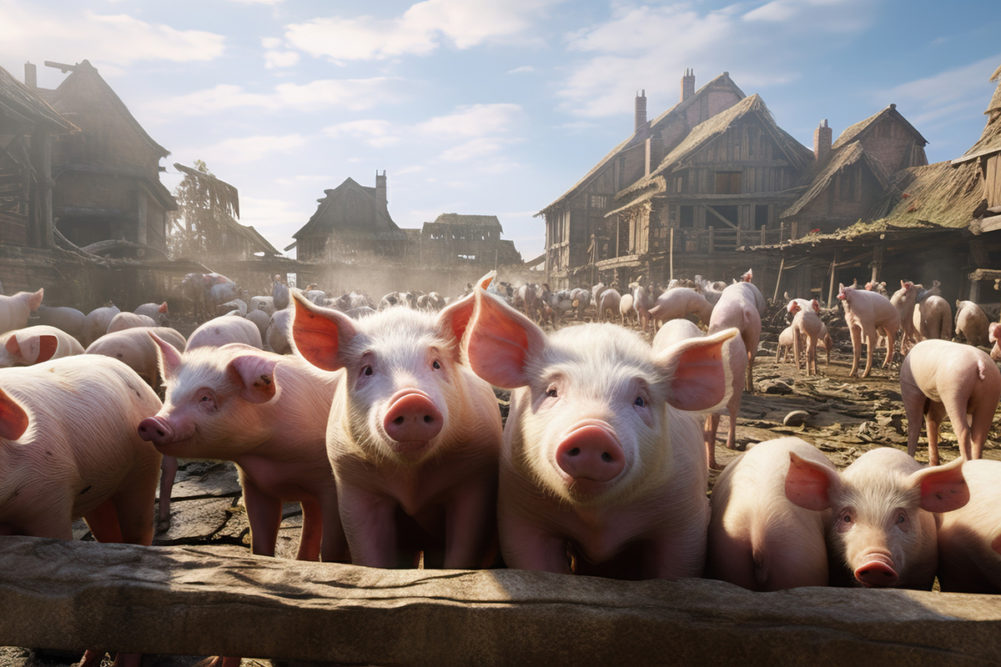NEW YORK — Compassion in World Farming published results of its investigation of sow treatment on European farms. The animal rights group said that its representatives observed 16 different European farms located across Italy, Spain, France and Poland, and alleged in its report that sows were mistreated and many of the farms’ practices are banned in California and Massachusetts.
The allegations in the report include:
- Sows spending nearly half their adult lives in cages that limit their movements to standing up or lying down.
- Sows lying down in unsanitary stalls.
- Sows having restricted access to their young due to limited housing space.
- Sows displaying abnormal behaviors such as bar biting and sham chewing.
In addition to the report, Compassion in World Farming released video footage from 14 of the 16 farms visited.
Erika Voogd, president of Voogd Consulting Inc., specializing in animal welfare for livestock and poultry, food safety, sanitation and USDA regulations for meat plants, commented on the footage.
“Individual crates were originally developed to prevent sow aggression and also provide opportunities for sows to eat freely without competition from other sows,” she said. “If we want to stay with a gestation or farrowing stall, they could be made larger to accommodate the sow and provide room to turn around.”
Compassion in World Farming did not identify the facilities or any companies by name but said Parma and Bayonne hams sold in the United States are sourced from some of the farms investigated.
“Americans who pay a premium for Parma and Bayonne hams are likely to be shocked to discover that these ‘high-end’ products are from systems that keep animals in such cruel cage conditions that have been banned in some US states," said Ben Williamson, US executive director of Compassion in World Farming.
Based on the findings of its investigation, Compassion in World Farming sent information in the report to European agriculture ministers in an effort to accelerate the European Commission’s ban tabled for 2023 in the End the Cage Age campaign.
“Many organizations have committed to goals of reducing or eliminating ‘cages’ for pigs; however, the conversions are costly and take time and education to implement,” Voogd said. “In the meantime, assuring that the system in place is managed and adheres to hygiene and welfare standards will help to ensure that the deficiencies seen in this report do not occur.”

